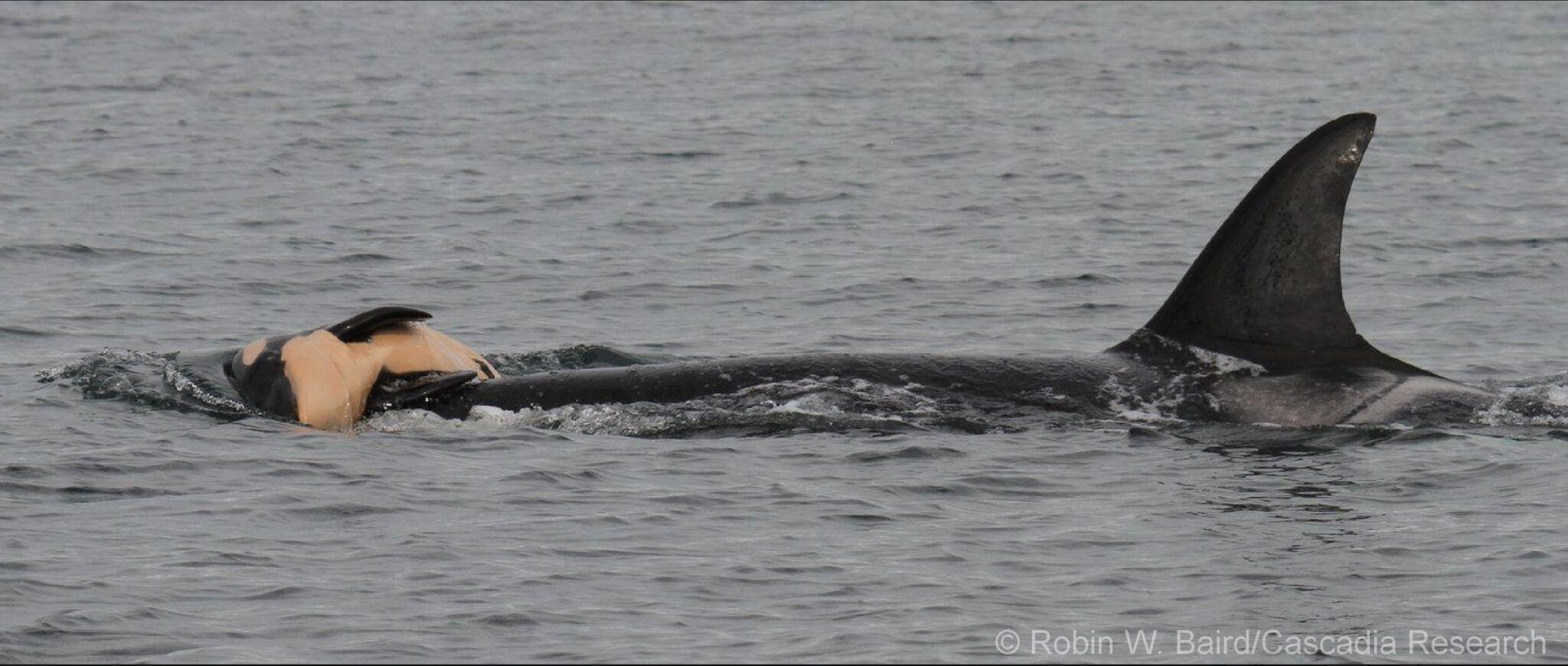
For Immediate Release
PDF Version
Press Contacts:
Emma Helverson, Executive Director, Wild Fish Conservancy, 484-788-1174,emma@wildfishconservancy.org
Kurt Beardslee, Director of Special Projects, Wild Fish Conservancy, 206-310-9301, kurt@wildfishconservancy.org
Brian A. Knutsen, Kampmeier & Knutsen, PLLC, 503-841-6515, brian@kampmeierknutsen.com
June 23, 2023— In a shocking ruling for Endangered Species protection, a Ninth Circuit Court approved a request by NOAA Fisheries, the State of Alaska, and the Alaska Trollers Association that will allow commercial troll fishers in Southeast Alaska to continue over-harvesting depleted Chinook salmon, jeopardizing the recovery of both wild chinook and critically endangered Southern Resident killer whales.
The lower Court decision was set to close the fishery beginning on July 1st, in just nine days. Now, despite numerous environmental violations and ongoing harm found by a federal District Court, the stay will allow the fishery to continue operating while the Ninth Circuit considers the case on appeal.
“The economic, ecological, and cultural cost of losing Southern Resident orcas and wild Chinook is unfathomable. It is unfortunate that the Ninth Circuit determined the short-term economic interests of Southeast Alaska commercial harvesters should be prioritized over the long-term interests of all current and future generations of First Nations, Tribal Nations, and communities throughout the Pacific Northwest who depend on these iconic species,” said Emma Helverson, Executive Director of Wild Fish Conservancy. “We are incredibly disheartened by this decision to continue the fishery while California, Oregon, Washington and British Columbia are enacting closures or severe constraints on many of the same populations due to continuing Chinook declines. We strongly advocate for consumers to avoid purchasing Chinook caught in Southeast Alaska.”
In May, a federal District Court issued a final order in a lawsuit brought by Wild Fish Conservancy against NOAA Fisheries requiring the Southeast Alaska commercial troll fishery to remain closed in the summer and winter seasons until the federal government provided a new analysis and conducted environmental review demonstrating that the fishery’s harvest plan would not continue to jeopardize endangered Southern Resident killer whales or threatened Chinook salmon.
In their ruling on remedy, the District Court considered the economic disruption that closure of the fishery would pose to Alaskan commercial fishers, yet determined protecting species threatened or endangered with extinction is the greatest priority under the Endangered Species Act. Referencing existing case law, the Court’s report and recommendation stated: “The ESA . . . did not seek to strike a balance between competing interests but rather singled out the prevention of species [extinction] . . . as an overriding federal policy objective.”
Southern Resident killer whales were listed as Endangered in 2005. Currently, there are only 73 individuals in the population, an alarming decrease from nearly 100 only 25-years ago. Reduced prey availability, specifically large and abundant wild Chinook, has been identified by killer whale experts and NOAA as the primary cause of their decline. Research has shown an alarming 69% of Southern Resident killer whale pregnancies are aborted due to insufficient prey.
“It’s possible to find creative solutions to compensate and protect the economic interests of fishers in the interim while NOAA corrects their violations,” says Helverson. “On the other hand, it’s impossible to replace Southern Resident killer whales or wild Chinook once they are gone, extinction is forever.”
In NOAA’s 2019 biological opinion evaluating the fishery’s impact on threatened and endangered species, NOAA admitted that over the last decade and persisting today, Chinook harvest in Southeast Alaska’s troll fishery is occurring at levels that are unsustainable for the long-term survival and reproductive success of both threatened wild Chinook populations and endangered Southern Resident killer whales. Still, NOAA authorized the harvest to continue at these levels relying on proposed mitigation they claimed would offset this serious harm. In summary judgement in August, the District Court overwhelmingly found the mitigation was insufficient and seriously violated the ESA and that NOAA also evaded legally required environmental review.
While the fishery occurs in Southeast Alaska marine waters, the majority of Chinook harvested in the Alaskan troll fishery are not Alaskan Chinook. Up to 97% of all Chinook harvested in the fishery are born in rivers throughout British Columbia, Washington, and Oregon. Roughly half of the fish harvested originate from the Columbia River, and many come from populations listed as Threatened under the ESA. These Chinook are harvested in their ocean nursery habitats, preventing them from reaching maturity and returning back to their homewaters where the Southern Resident killer whales encounter them. The majority of stocks harvested in the fishery are identified as priority stocks for the malnourished and endangered whale population.
“While communities throughout the coast have closed fisheries and made significant economic sacrifices to protect threatened and endangered Chinook populations in their home rivers, these same depleted populations are being harvested far from home in Southeast Alaska where they are marketed and sold as sustainable Alaskan Chinook,” says Helverson. “While this case is about conservation, it’s also about equity and we will continue to advocate for the conservation burden of protecting and restoring these species to be more equally shared by all communities who depend on them.”
“We know this week’s decision is concerning to so many who have been following this case and working tirelessly to recover our beloved Southern Resident killer whales and wild Chinook populations. Despite this temporary setback, the appeal process is just beginning, and we remain dedicated to advocating for the recovery of these iconic species through every avenue possible,” says Helverson.
###
Wild Fish Conservancy is represented in this matter by Kampmeier & Knutsen, PLLC, of Portland, Oregon and Seattle, Washington and by Corr Cronin, LLP of Seattle, Washington
kampmeierknutsen.com | corrcronin.com
Additional Information:
Photo: According to whale experts, orcas demonstrate a deep sense of mourning for their lost newborns, much like any devoted family would. In 2018,Tahlequah (J35) shown above, cradled her deceased calf on her nose for 17 days straight. Recent research has shown that 69% of Southern Resident killer whale pregnancies are aborted due to insufficient Chinook salmon. (Photo credit: Robin W. Baird/Cascadia Research Collective)